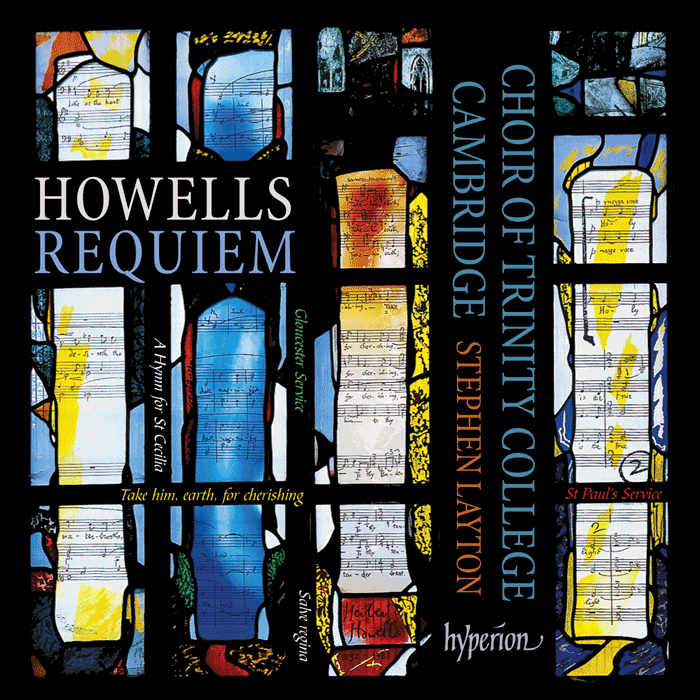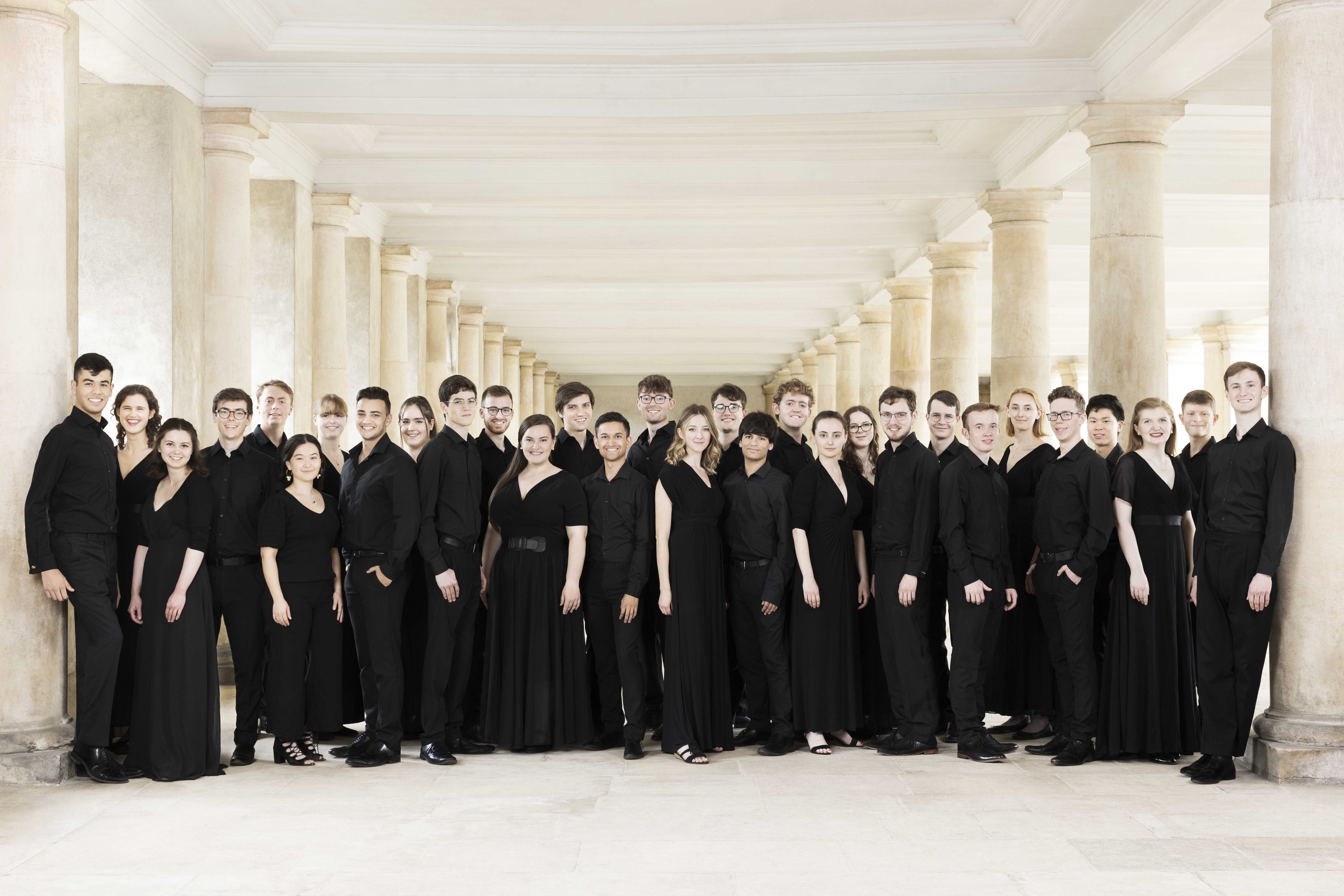Howells - Requiem - Classical Music Sentinel
> See recording details...I may not always like the music, but never has a recording of choral music conducted by Stephen Layton failed to move me. This one is no exception, and in this particular case, the music happens to be admirable. The choral works of Herbert Howells (1892-1983), including his Requiem, are well represented in the recording catalogues and very well served. But even though the market may be saturated at the moment, this new Hyperion CD with the Choir of Trinity College, Cambridge should enter the charts with a bullet and make its way up to the top very quickly.
The disc opens boldly with the stately A Hymn for St Cecilia, as iconically English as Hubert Parry’s Jerusalem, and just as uplifting with its strong organ support and constant forward momentum. The men’s voices near the end in particular, riding the crest of the sustained crescendo, are sure to grab your attention. The Gloucester Service Nunc dimittis rises to impressive levels of power (if the phrase as it was in the beginning doesn’t move you, check your pulse) before fading away with one of the most beautiful and peaceful amens I’ve ever heard. What’s constantly fascinating throughout is how Howells does not force the music to follow the cadence of the text, but rather bends the text to the music’s will. A great example is the opulent (drawn outside the lines) St Paul’s Service Magnificat with an dénouement of the first Requiem aeternam, ending on a chord immersed in light.
Despite the fact that the Choir of Trinity College is always in transition due to the constantly flowing student pipeline, they outsing and outperform many, many professional choirs by a longshot. They always, most likely by following Stephen Layton’s guidance and enthusiasm, seem to easily clear the bar, no matter how high it’s set, and produce an energetic sound that seems to flow effortlessly and glow from within. And I would really like to know what recording engineer David Hinitt eats for breakfast, because again, as in the other brilliant Layton/Trinity recording of the music of David Briggs, he’s not only captured perfectly the sound of the pipe organ and voices, but also the scope of the space that sound resonates in. Everyone involved with this recording, including organists Simon Bland and Jeremy Cole, deserve an extended round of applause and a gold star on their report cards. Magnificent!
Jean-Yves Duperron

Hyperion Records CDA67914
